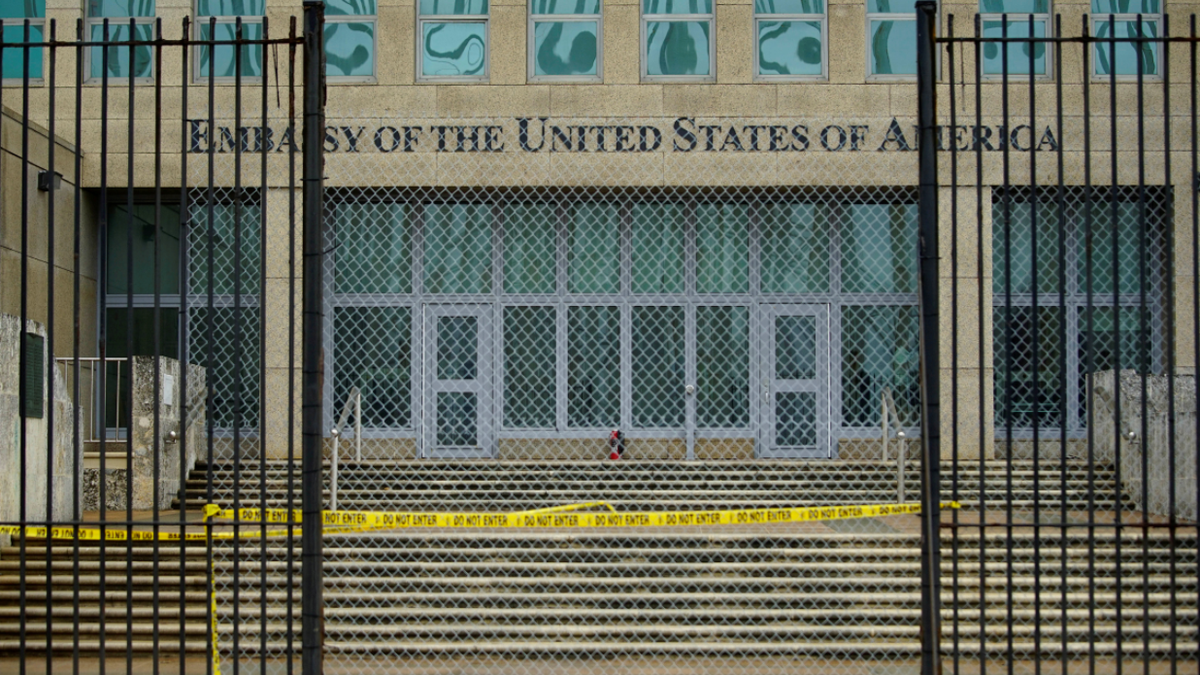
Almost two dozen Americans who traveled to Cuba have reported experiencing similar symptoms to those suffered by U.S. diplomats serving at the American Embassy in Havana. (REUTERS/Alexandre Meneghini)
Almost two dozen Americans who traveled to Cuba have reported experiencing similar symptoms to those suffered by U.S. diplomats serving at the American Embassy.
“Since September 29, the Department of State has been contacted by 19 U.S. citizens who reported experiencing symptoms similar to those listed in the Travel Warning after visiting Cuba,” a spokesperson for the State Department’s Bureau of Western Hemisphere Affairs told the Miami Herald via email.
At least 24 U.S. Embassy officials in Cuba had reported hearing loud, grating noises before experiencing ear issues, hearing loss, dizziness, headache, fatigue, cognitive issues and difficulty sleeping.
More on the "attacks" Americans suffered in Cuba
- US Embassy workers in Cuba found to have brain abnormalities, report says
- US stops issuing visas in Cuba, cuts embassy staff, urges no travel to island
- State Department probing possibility of viral attack in Cuba illnesses
- US tourists back from Cuba claim symptoms similar to mysterious attacks
- US expels Cuban diplomats from embassy in Washington
- First recording emerges of high-pitched 'sonic weapon' linked to attacks on US Embassy workers in Cuba
Doctors reportedly discovered the diplomats suffered from brain abnormalities, as the white matter in their brains had “developed changes.”
The U.S. has stood by their allegations that Cuba in some way deliberately attacked the American officials — which Cuba has adamantly denied — and earlier this month raised the possibility that a virus was deployed intentionally to infect workers.
Cuba’s defenders have argued the U.S. can’t be certain anyone was harmed intentionally, because no proof has been publicly presented.
It was earlier reported that officials believed the Americans were the victims of “sonic attacks,” but an FBI report, revealed by The Associated Press, said the U.S. has found no evidence that sonic waves were used to harm Americans in Havana.
The State Department’s latest Cuba travel advisory is at a “level 3,” which advises U.S. citizens to avoid traveling to the Caribbean nation “due to serious risks to safety and security.”
The Associated Press contributed to this report.
